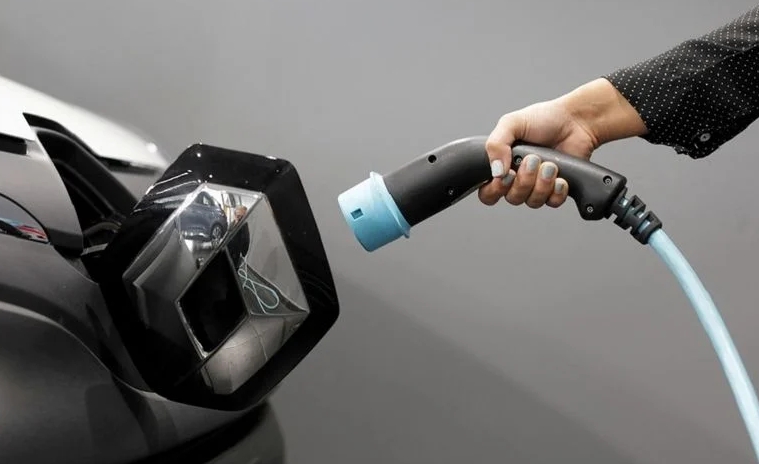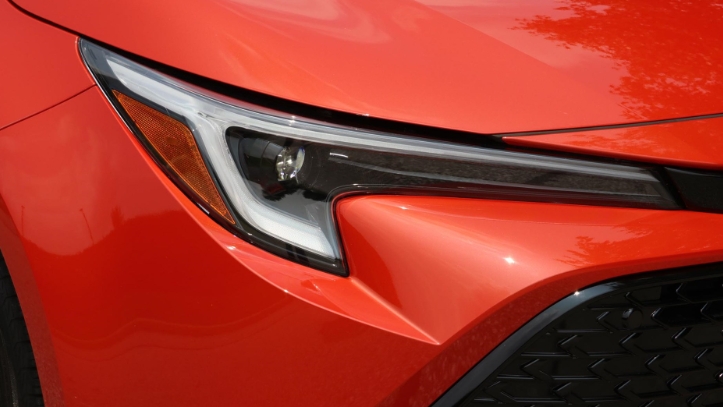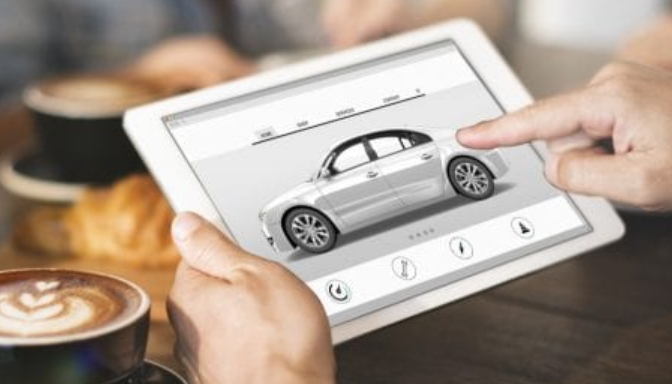Industry groups lobbied lawmakers to reject the 2035 target, which they said was too early to take on, given the uncertainty of the deployment of charging infrastructure.
European Union lawmakers voted to keep the ban on new cars with internal combustion engines from 2035, despite attempts by industry groups and conservative politicians to weaken the proposal.
The European Parliament on Wednesday rejected an amendment that would have relaxed the requirement for carmakers to cut emissions to 90 per cent by 2035 instead of the 100 per cent proposed by the European Commission last year.
The law is not yet final. The vote confirms Parliament’s position on the upcoming negotiations with EU countries on the final law.
If an agreement is reached then, it would effectively mean the end of combustion engine cars in Europe, marking a radical restructuring of a mode of transport that has dominated for more than a century. It would also be a decisive victory for the bloc’s climate agenda, as the transport sector has proved one of the most difficult to decarbonise.
The ban aims to accelerate Europe’s transition to electric vehicles and encourage carmakers to invest heavily in electrification, aided by another EU law that would require countries to install millions of car chargers.
“Buying and driving zero-emission cars will become cheaper for consumers,” said Jan Huitema, the parliament’s top policy negotiator.
Lawmakers from the conservative European People’s Party as well as other right-wing groups tried to soften the ban, highlighting fears about potential job losses in the industry.
Industry groups, including the German car association VDA, have lobbied lawmakers to reject the 2035 target, which they say is damaging to alternative low-carbon fuels and too early to commit given the uncertainty of charging infrastructure deployment.
Automakers including Ford and Volvo have publicly backed a plan to end sales of new internal combustion engine vehicles in Europe by 2035, while others, including Volkswagen, aim to end sales of internal combustion engine vehicles in Europe by that date.
Lawmakers also voted against an amendment that would allow carmakers to buy credits for so-called e-fuels. These synthetic fuels, made using captured carbon dioxide and hydrogen from renewable energy sources, were advertised as a way to save the internal combustion engine.



